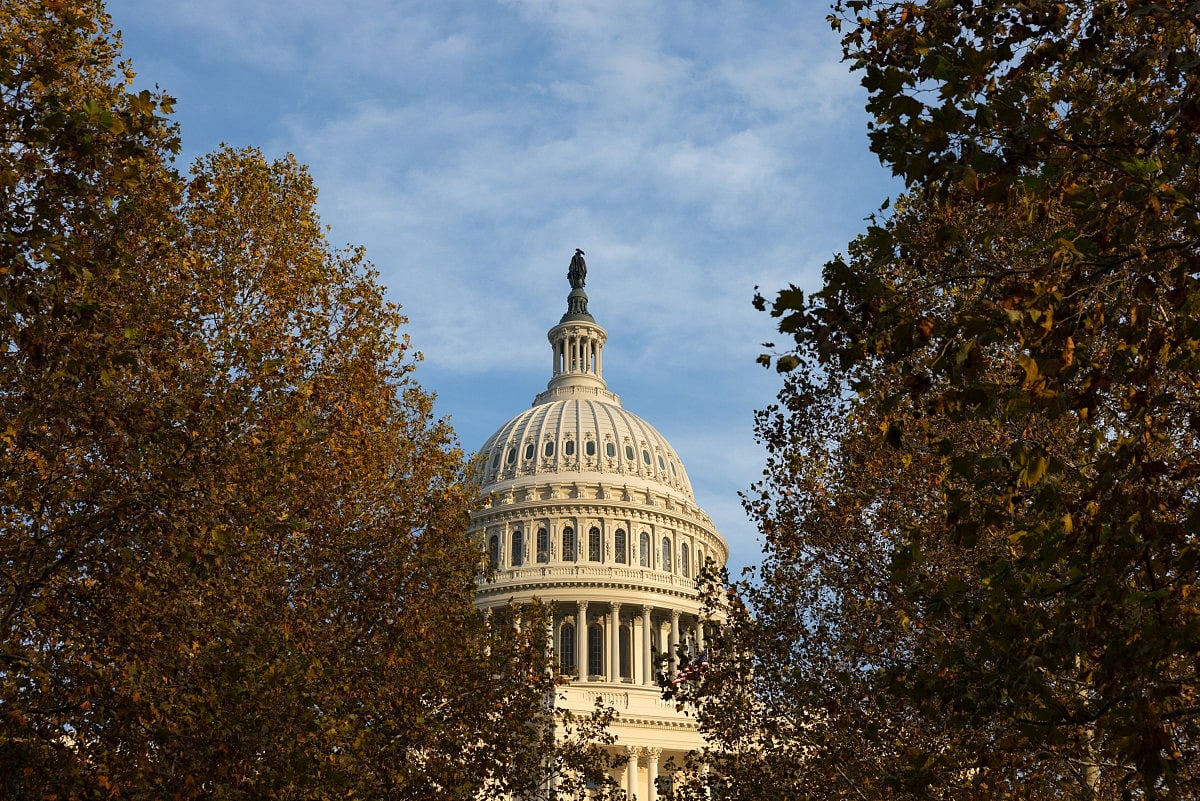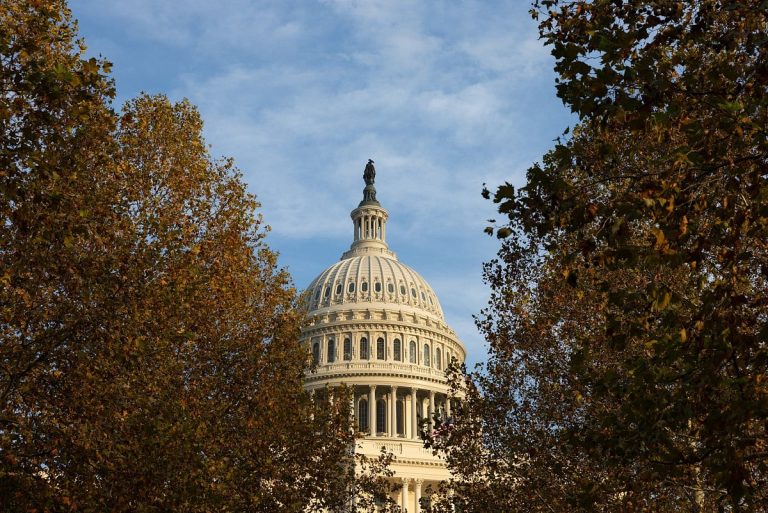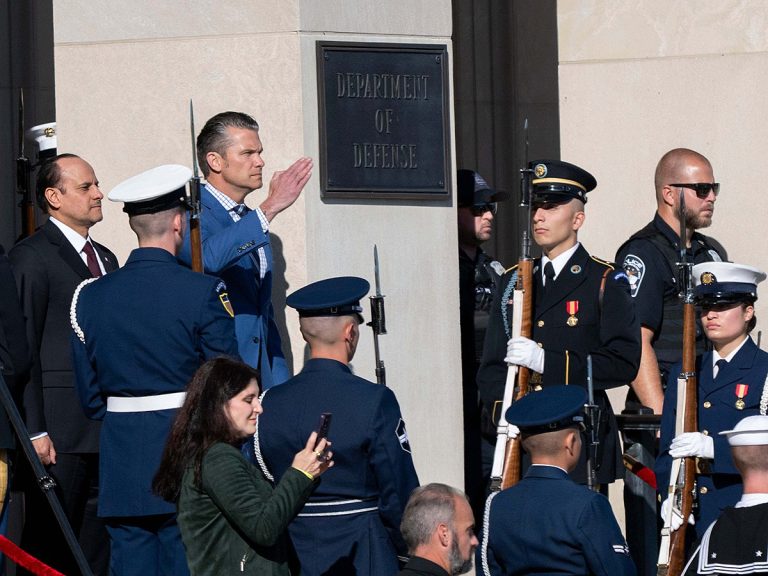Bipartisan Deal Reached to End Government Shutdown
A bipartisan agreement reached by U.S. senators on Sunday has the potential to end a historic government shutdown that has lasted for 40 days. This deal is crucial as it aims to restore federal funding and resume essential government operations, which have been severely disrupted during this period.
Details of the Agreement
The agreement, which emerged after extensive negotiations between Democratic and Republican senators, is designed to fund the government through January. Key issues that were addressed included health care subsidies, food assistance programs, and the controversial firings of federal employees by former President Donald Trump. The deal represents a significant step toward resolving the shutdown, which has led to widespread cancellations and delays in air travel.
Transportation Secretary Sean Duffy highlighted the urgency of the situation, warning that continued shutdown could lead to a drastic reduction in flight availability, particularly as the Thanksgiving holiday approaches. Reports indicated that over the weekend, more than 2,700 flights were canceled and nearly 10,000 were delayed, with major airports like Newark Liberty, LaGuardia, and O’Hare experiencing the most significant disruptions.
Legislative Process Ahead
Following the agreement, the Senate quickly moved to hold a procedural vote to advance the legislation. Early indications suggested that there was sufficient support from both parties to push the measure forward. However, the bill must also pass through the House of Representatives, which is under Republican control, before it can be sent to the President for approval. This process could take several days, leaving many uncertain about the immediate future.
Impact on Federal Employees and Programs
The proposed legislation includes provisions to restore funding for the Supplemental Nutrition Assistance Program (SNAP), which supports over 42 million low-income Americans. It also aims to reverse the firings of thousands of federal workers that occurred during the shutdown and guarantees a vote on extending health care subsidies that are set to expire soon. Senator Tim Kaine emphasized that the deal ensures a vote on Affordable Care Act premium tax credits, a point of contention among some lawmakers.
Despite the progress, not all Senate Democrats are in favor of the agreement. Senate Minority Leader Chuck Schumer expressed his discontent, arguing that the deal does not adequately address the health care crisis and criticized the approach of offering a vote rather than directly extending the subsidies.
FAQs
What is the current status of the government shutdown?
The government shutdown has lasted for 40 days, but a bipartisan agreement has been reached to potentially end it and restore federal funding through January.
How will the agreement affect air travel?
The agreement aims to alleviate disruptions in air travel caused by the shutdown, which has already led to thousands of flight cancellations and delays. However, full recovery of flight schedules may take time after the shutdown ends.
What provisions are included in the proposed legislation?
The legislation includes funding for SNAP, reinstatement of wrongfully terminated federal workers, and a guarantee of a vote on extending health care subsidies, among other measures.
Conclusion
The bipartisan agreement reached by U.S. senators marks a significant step toward ending a prolonged government shutdown that has disrupted numerous services and operations. As the legislative process unfolds, it remains critical for both chambers of Congress to act swiftly to restore normalcy and support affected federal employees and programs.
The bipartisan deal comes at a time when the federal government has faced increasing scrutiny over its ability to function effectively during prolonged shutdowns. Historically, government shutdowns have led to significant economic impacts, affecting not only federal employees but also local economies that rely on government contracts and services. The current situation has underscored the importance of bipartisan cooperation in addressing fiscal challenges and ensuring the continuity of essential services.
As the Senate prepares to advance the legislation, attention will also turn to the House of Representatives, where the dynamics may differ due to the Republican majority. House leaders will need to navigate their party’s varying opinions on the agreement, particularly regarding health care and federal employment issues. The outcome in the House could ultimately shape the final version of the legislation and influence future negotiations on government funding and policy priorities.
Also Read:
US Government Shutdown Causes Flight Disruptions Ahead of Ho
Flight Cancellations Rise Amid Government Shutdown Disruptio







